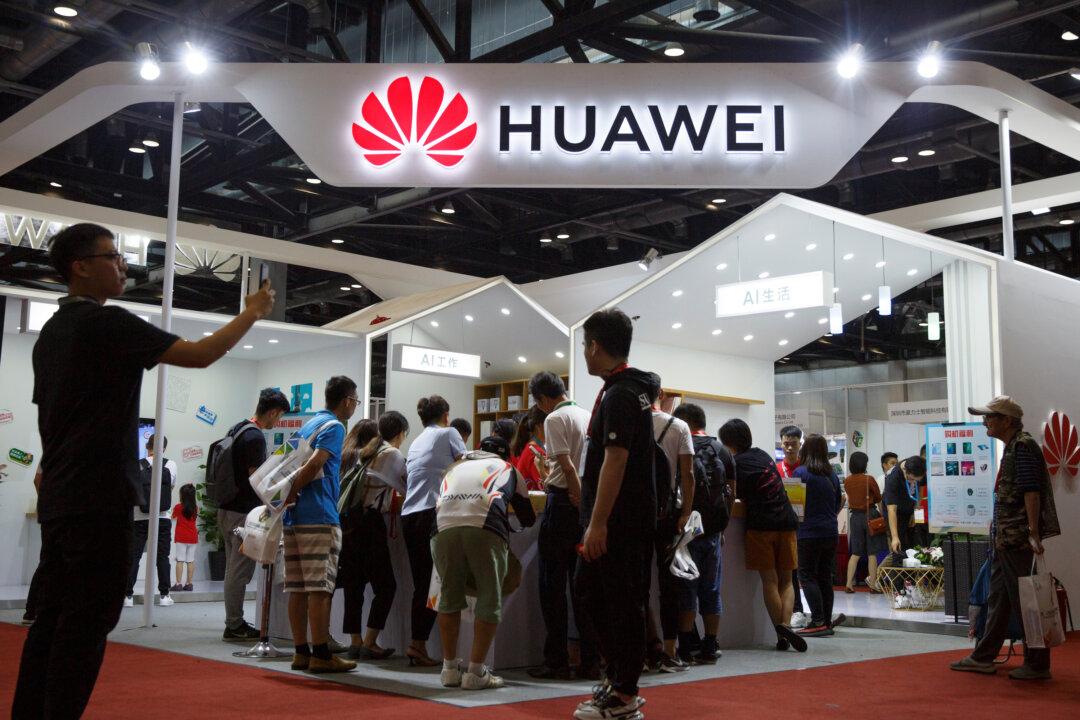China’s telecoms giant Huawei has been encouraging its suppliers to violate U.S. law by telling them to move operations offshore in a bid to avoid U.S. sanctions, U.S. Commerce Department Secretary Wilbur Ross told Reuters on Dec. 3.
In May, the U.S. government placed Huawei Technologies on a trade blacklist known as the entity list, over national security concerns, forcing some suppliers to apply for special licenses to sell equipment to the company.





